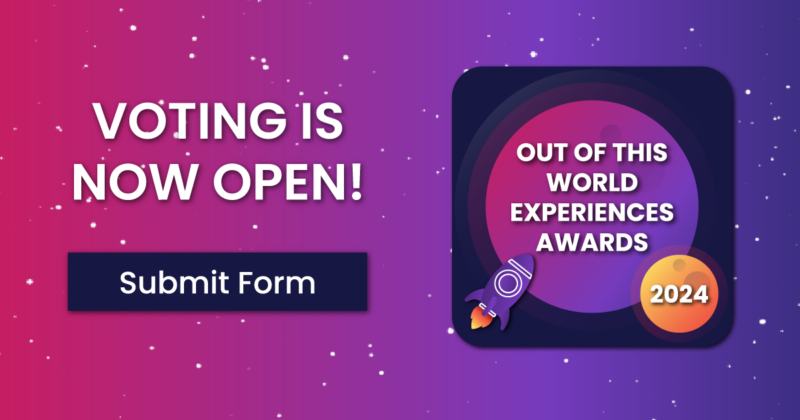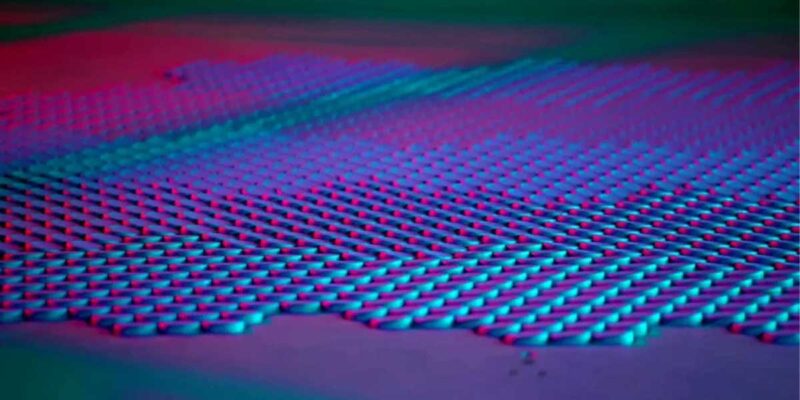Virtual Reality – Create an Experience and Change Lives
For years, my family has watched America’s Got Talent in the summer. It’s a great family show that can be funny, touching and amazing. There have been numerous acts that use some type of technology. A couple of weeks ago however, there was one that really stuck with me. It was Italian psychologists (Simona and Lorenzo) who use virtual reality to help people get over their fears. You can see the video here:
This act really struck me because it touches on two very critical pieces of our industry. One, that the technology itself does not matter, it is what you do with the technology that matters. Second, the power of an experience and how it can change you.
Let’s think for starters about technology itself. Virtual reality and augmented reality have been around for years. For those of us in the technology field, they are nothing new. We have used them for gaming, learning and fun. These two psychologists had a need and saw a technology that solved that need. With their knowledge, experience and expertise, they realized how they could help people with virtual reality. As medical health professionals, they could describe what they wanted to do, but likely needed help figuring out the technology to get where they needed to be. When I think of an integrator working with this team to help them setup spaces, it’s the perfect example of having to listen to your customer. An integrator would have to simply sit and observe and hear. Simona and Lorenza likely don’t care about the technology for the sake of technology itself. They care about the final product and how it would affect the patient.
The second thing that really strikes me is about experience. We know that in our industry, the experience has become what we are trying to affect. Simona and Lorenzo likely understand the experience better than most in the AV industry. They use technology that gives an experience that is so life like and real it helps people get over fears. These fears are very real, and have a negative impact on people’s lives. Think of a fear of crowded places for example (agoraphobia). In the past, counselors would work with people via exposure therapy. They would first have the person imagine a crowded space and talk about their thoughts and feelings, but at some point would have to take that person into an actual crowded space. This type of therapy would have some downfalls, if, for instance, the patient having a panic attack. However, if you are able to place them into a virtual room with a crowd of people, the experience feels as real to them, but takes away much of the danger of public scene. Some researchers now are actually developing spaces that are complementary to the virtual reality scenario. For a crowded room, these spaces may have mannequins, noise and scents that would provide a real life scenario. For the patient, this is an extremely realistic experience.
According to Albert Rizzo, of the University of Southern California’s Institute for Creative Technologies, another area where this is being extensively used is in treating PTSD of soldiers returning from war. This type of therapy allows soldiers to experience and deal with the source of the trauma they experienced in a very real way. Loud sounds, bright flashes and burning smells are all things that can trigger PTSD in soldiers. Experiencing these things in a room with the right doctors and support systems can make enormous differences in the effectiveness of treatment.
So much of what we do in the AV world is about making an emotional impact on people. This story struck me because this is a real example of using technology to do more than make an emotional impact. It is about changing people’s lives and perhaps even saving some lives. It is about listening to what a customer (therapist or doctor) tells you about what they need, and providing the technology to do just that. I belive the AV industry will play a role in these treatment spaces as they become more widely available. We will need to use our expertise in setting up the lighting, the sound and the space. We should be developing expertise in AR and VR now to begin to prepare for this. If #AVisLife, this is certainly one of the most exciting and valuable ways to apply our skills and abilities.





